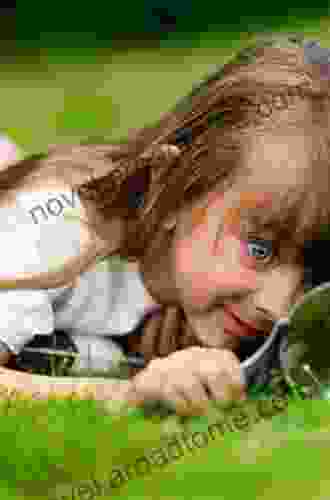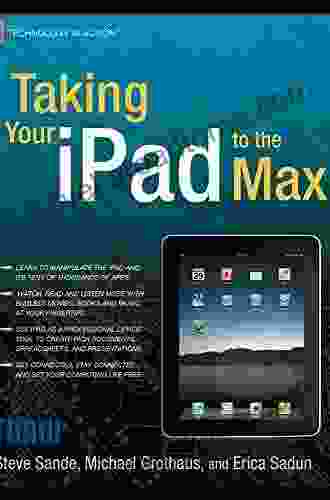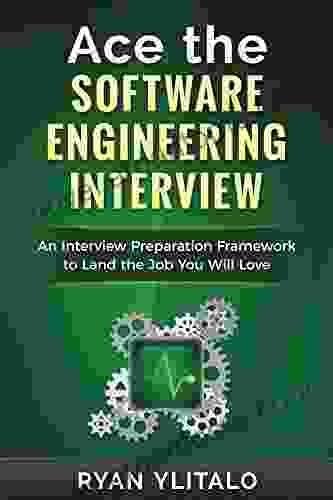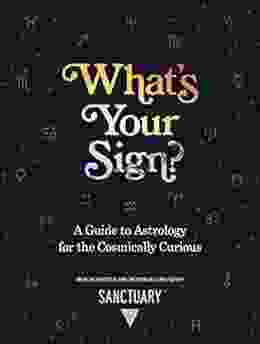The Origins of Curiosity in Childhood: Unlocking the Wonder

4.6 out of 5
| Language | : | English |
| File size | : | 906 KB |
| Text-to-Speech | : | Enabled |
| Screen Reader | : | Supported |
| Enhanced typesetting | : | Enabled |
| Word Wise | : | Enabled |
| Print length | : | 231 pages |
In the vibrant tapestry of childhood, curiosity stands as a radiant thread, weaving together the fabric of exploration, discovery, and learning. From the moment a baby gazes at a mobile dancing overhead to the wide-eyed wonder of a child encountering the vastness of the cosmos, curiosity serves as the unyielding compass guiding young minds toward knowledge and growth.
The Biological Blueprint: A Cradle of Curiosity
Curiosity finds its genesis deep within our biological makeup. Researchers have identified specific regions in the brain, such as the amygdala and the hippocampus, that play a crucial role in the formation and sustenance of curious behavior. These brain regions are responsible for processing novelty, reward, and memory, creating a neurochemical cocktail that fuels our desire to explore and learn.
Dopamine, a neurotransmitter associated with pleasure and motivation, is a key player in the curiosity equation. When we encounter something new or engaging, dopamine levels rise, creating a sense of reward and driving us to delve deeper into the unknown.
Cognitive Curiosity: Unraveling the Puzzles of the Mind
Beyond the biological realm, curiosity is also shaped by our cognitive development. As children progress through various stages of cognitive growth, their understanding of the world expands, leading to an increased desire to make sense of their surroundings.
The development of language, problem-solving skills, and symbolic thought opens up new avenues for curiosity. Children begin to ask questions, experiment with different possibilities, and seek explanations for the phenomena they encounter.
Furthermore, working memory, the ability to hold information in mind, plays a significant role in curiosity. Children with higher working memory capacity are better able to retain and process new information, which in turn fuels their curiosity and exploration.
Environmental Influences: Nurturing the Seeds of Wonder
While our biology and cognitive development set the stage for curiosity, the environment in which we grow up plays a crucial role in nurturing and shaping this essential trait.
Parents and caregivers who create a stimulating and supportive environment can foster a love of learning and exploration in their young children. Providing access to books, toys, and hands-on activities that encourage sensory exploration, problem-solving, and creativity can ignite the spark of curiosity.
Peers and educators also influence children's curiosity. Children who interact with curious and knowledgeable individuals, both at home and in school, are more likely to develop their own curiosity and pursue learning opportunities.
Cultivating Curiosity: A Guide for Parents and Educators
Nurturing curiosity in children is not merely an option but a profound responsibility for parents, educators, and anyone invested in their well-being.
Here are some evidence-based strategies to cultivate curiosity in young minds:
- Provide a stimulating environment: Offer children access to books, toys, and experiences that encourage exploration, creativity, and problem-solving.
- Follow their interests: Pay attention to what captures their attention and use those interests as a starting point for exploration and learning.
- Ask open-ended questions: Encourage children to think critically and express their ideas by asking questions that do not have a single "right" answer.
- Encourage exploration: Allow children to explore their surroundings, ask questions, and make mistakes in a safe and supportive environment.
- Model curiosity: Children learn by observing the adults in their lives. Show your own curiosity and enthusiasm for learning, and they will likely follow suit.
Curiosity: The Lifeblood of Learning
Curiosity is more than just a childhood trait; it is a lifelong companion that fuels our desire to explore, learn, and grow. By understanding the origins of curiosity in childhood, we can create environments and experiences that nurture this essential quality.
In the words of Albert Einstein, "The important thing is not to stop questioning. Curiosity has its own reason for existing."
Let us embrace the wonder of childhood curiosity and unlock the potential for a lifetime of learning, discovery, and growth.
4.6 out of 5
| Language | : | English |
| File size | : | 906 KB |
| Text-to-Speech | : | Enabled |
| Screen Reader | : | Supported |
| Enhanced typesetting | : | Enabled |
| Word Wise | : | Enabled |
| Print length | : | 231 pages |
Do you want to contribute by writing guest posts on this blog?
Please contact us and send us a resume of previous articles that you have written.
 Book
Book Novel
Novel Page
Page Chapter
Chapter Text
Text Story
Story Genre
Genre Reader
Reader Library
Library Paperback
Paperback E-book
E-book Magazine
Magazine Newspaper
Newspaper Paragraph
Paragraph Sentence
Sentence Bookmark
Bookmark Shelf
Shelf Glossary
Glossary Bibliography
Bibliography Foreword
Foreword Preface
Preface Synopsis
Synopsis Annotation
Annotation Footnote
Footnote Manuscript
Manuscript Scroll
Scroll Codex
Codex Tome
Tome Bestseller
Bestseller Classics
Classics Library card
Library card Narrative
Narrative Biography
Biography Autobiography
Autobiography Memoir
Memoir Reference
Reference Encyclopedia
Encyclopedia Rebecca Blanton
Rebecca Blanton Wendy J Steinberg
Wendy J Steinberg Todd Bardwick
Todd Bardwick Richard Kogl
Richard Kogl Sammie Bae
Sammie Bae S T Joshi
S T Joshi Ruth Aharoni
Ruth Aharoni Swiyyah Butler
Swiyyah Butler Sandra Hood
Sandra Hood Ward Anderson
Ward Anderson Rick Emerson
Rick Emerson Steve Grooms
Steve Grooms Robert Melillo
Robert Melillo Leigh Fought
Leigh Fought Terry J Erdmann
Terry J Erdmann Ginny Priem
Ginny Priem Unni Turrettini
Unni Turrettini Walter Fortner
Walter Fortner Randy Fujishin
Randy Fujishin Rob Sanders
Rob Sanders
Light bulbAdvertise smarter! Our strategic ad space ensures maximum exposure. Reserve your spot today!

 Haruki MurakamiMaster Your Productivity with Microsoft Office Outlook 2007: The Ultimate...
Haruki MurakamiMaster Your Productivity with Microsoft Office Outlook 2007: The Ultimate...
 Clarence MitchellMurder Most Vile, Volume 18: A Spine-Tingling Collection of Heinous Crimes
Clarence MitchellMurder Most Vile, Volume 18: A Spine-Tingling Collection of Heinous Crimes Gage HayesFollow ·10.7k
Gage HayesFollow ·10.7k Harrison BlairFollow ·12.5k
Harrison BlairFollow ·12.5k John SteinbeckFollow ·13.1k
John SteinbeckFollow ·13.1k Pat MitchellFollow ·18k
Pat MitchellFollow ·18k John UpdikeFollow ·11.2k
John UpdikeFollow ·11.2k Jett PowellFollow ·16.8k
Jett PowellFollow ·16.8k Dale MitchellFollow ·7.8k
Dale MitchellFollow ·7.8k Robert BrowningFollow ·17.1k
Robert BrowningFollow ·17.1k

 Eli Brooks
Eli BrooksOver 700 Organic Remedies Shortcuts And Tips For The...
: Embracing the Power of...
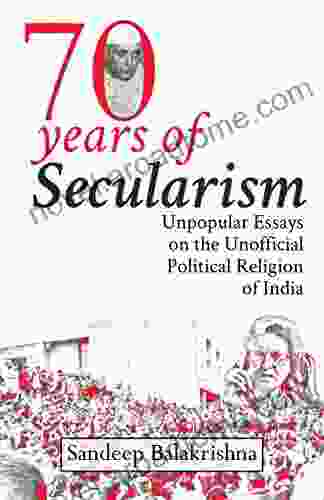
 Carter Hayes
Carter HayesUnveiling the Unofficial Political Religion of India: A...
Embark on an...
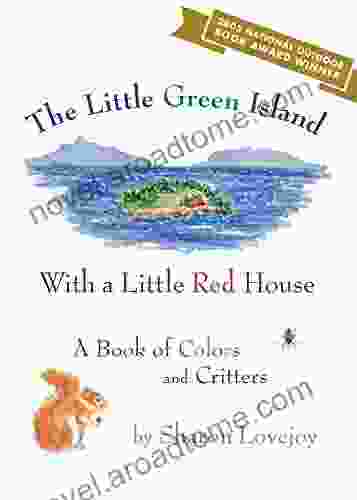
 Colin Richardson
Colin RichardsonOf Colors and Critters: A Journey Through the Animal...
In the tapestry of...
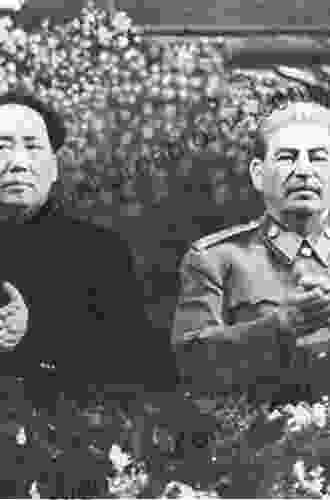
 Harry Hayes
Harry HayesUnveiling the Hidden Truths: Mao, Stalin, and the Korean...
Step into the enigmatic realm of the 20th...
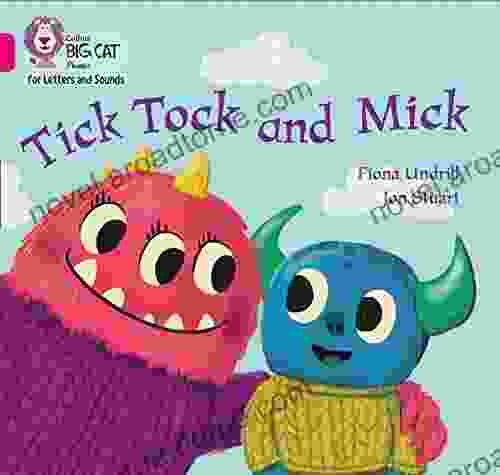
 George Bernard Shaw
George Bernard ShawBand 1b Pink: A Journey Through the World of Reading
Band 1b Pink is a...
4.6 out of 5
| Language | : | English |
| File size | : | 906 KB |
| Text-to-Speech | : | Enabled |
| Screen Reader | : | Supported |
| Enhanced typesetting | : | Enabled |
| Word Wise | : | Enabled |
| Print length | : | 231 pages |


